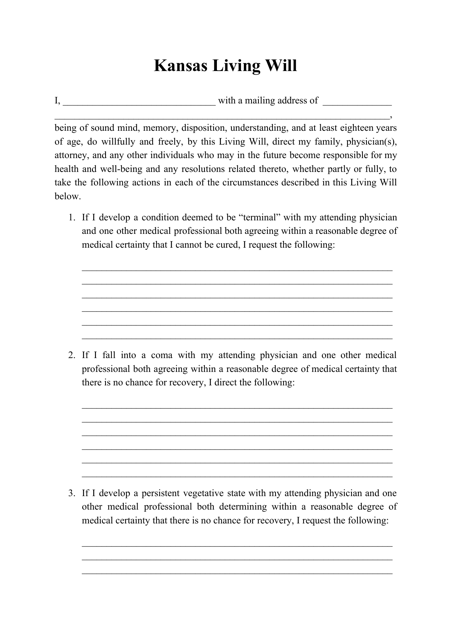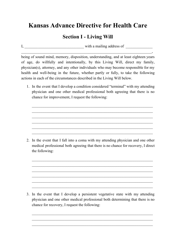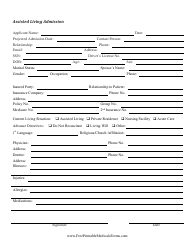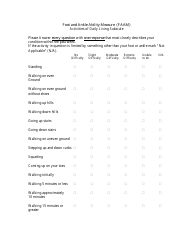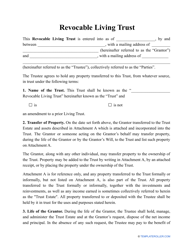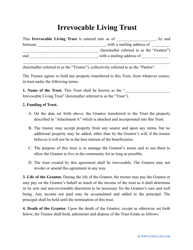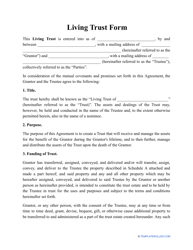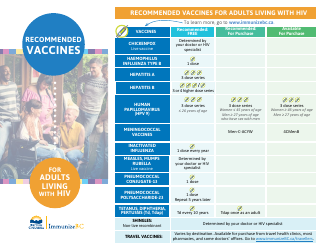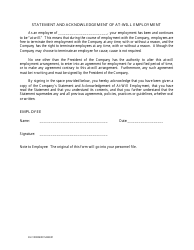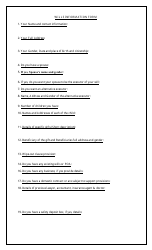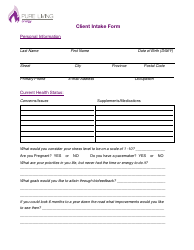Living Will Form - Kansas
A Kansas Living Will - sometimes confused with an Advance Directive - is crucial for patients looking for more control over the medical treatment they would want in the event of incapacitation. When a person falls seriously ill with no hope or recovery, arguments concerning artificial life support or certain treatments can arise amongst their family when trying to decide on an outcome.
With a signed and legal will with all wishes clearly stated, the patient can make pre-plan all procedures regarding palliative care, life support, and life-sustaining treatment. The paperwork should be given careful thought and be talked about with the patient's family, physician, and health care providers since they will be tasked with implementing the specified wishes and procedures.
You can download a pre-made form through the link below or make your own Living Will with our form builder .
A Kansas Living Will is regulated by Chapter 65 (Public Health) of Kansas Statutes . The document must be signed in the presence of two (2) or more witnesses at least 18 years of age.
What Is a Kansas Living Will?
A Living Will is a written, legal document that spells out the medical treatments an individual would and would not want to be used to keep them alive. The form also clarifies the preferences for other medical decisions, such as pain management or organ donation. The person for whom the will is created is called the Principal.
The document may be revoked at any time as long as the Principal still has the mental capacity to do so. The Principal may also elect a trusted individual - or agent - to make decisions on their behalf when they are no longer able to speak for themselves.
How to Make a Living Will in Kansas?
A basic Living Will template can be completed without a lawyer or an attorney. In order to create a will in Kansas, an individual must be competent, be wanting to complete all paperwork voluntarily and sign the document.
The will can be either very broad or very specific in nature according to the wishes of the patient. It is basically the patient's declaration - a written statement of what they want to occur in the event of a serious accident or illness. It is primarily directed to the medical personnel and focuses on the type of care the patient wishes to have or wishes not to have, under situations of terminal illness or incapacitation.
